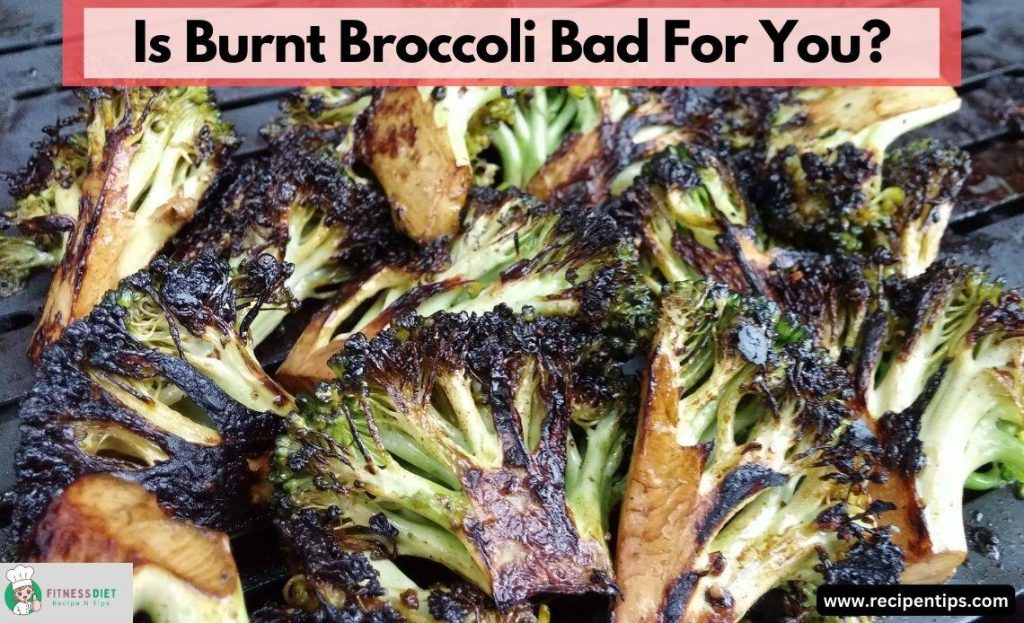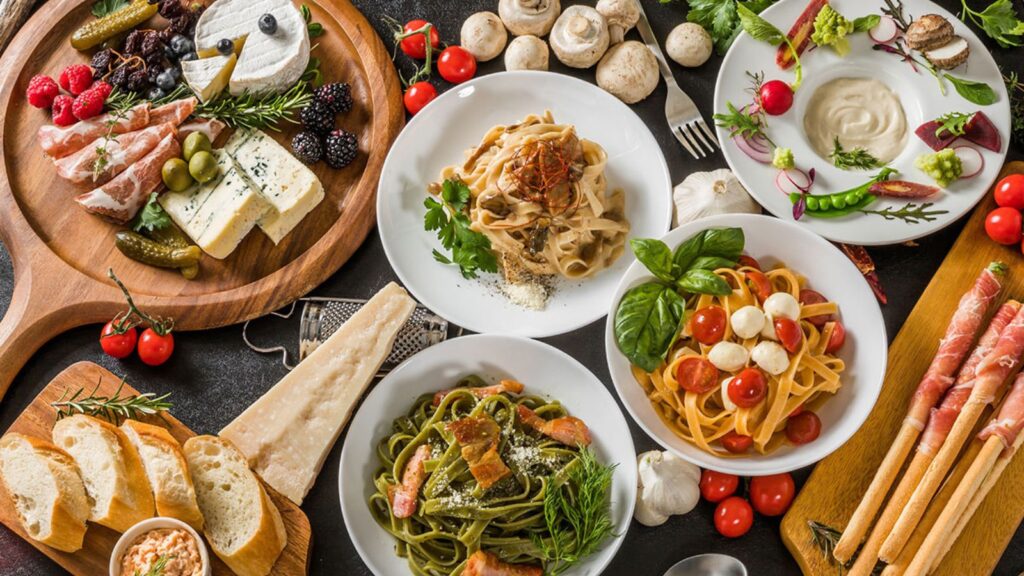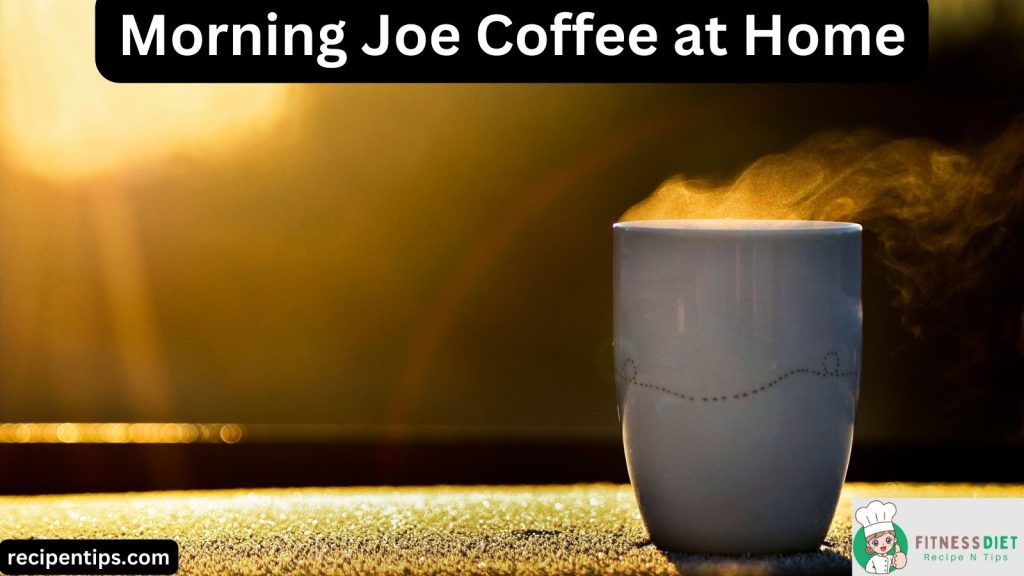Burnt broccoli is bad for you. This was the conclusion that Jane reached after cooking a tray of broccoli and forgetting about it for a little too long. She always liked to cook her vegetables herself to make sure they were healthy, but this time she may have overdone it.
You might wonder, is burnt broccoli bad for you? Wonder no more! In this blog post, we’ll explore the nutritional value of burned broccoli and whether it’s actually harmful to your health.
Spoiler alert: it’s not as bad as you might think! So read on to learn more about this crispy, delicious vegetable.
Why is burnt Broccoli so good?
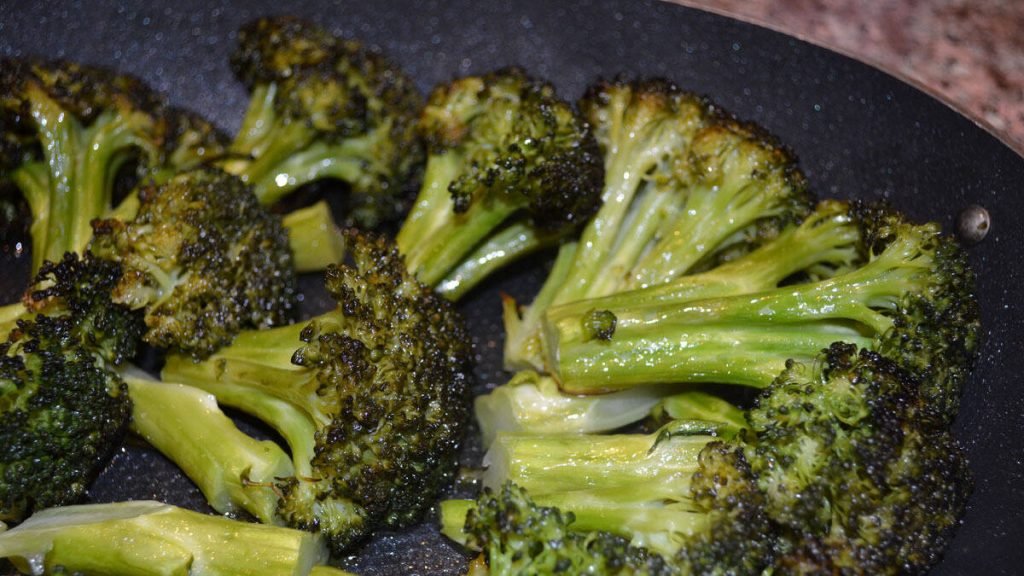
There’s a scientific reason for this strange phenomenon. When broccoli is cooked, a compound called glucosinolate is released. This compound has been shown to have cancer-fighting properties.
Studies have shown that burnt broccoli contains more of this compound than cooked broccoli. So if you’re looking for a way to boost your intake of this important nutrient, burned broccoli may be the way to go.
Of course, not everyone is a fan of the taste of burnt broccoli. If you find the flavor too strong, you can always try partially burning the vegetable before cooking it. It will help to release some of the glucosinolates without making the broccoli too bitter.
Is overcooked Broccoli healthy?
When broccoli is overcooked, it loses many of its nutrients, including vitamins A and C. Overcooked broccoli can also produce harmful compounds that can damage cells and increase the risk of cancer.
As a result, it is important to cook broccoli carefully to preserve its nutritional value.
Is it unhealthy to eat burnt food?
There’s no need to panic if you accidentally burn your food. While it might not look very appetizing, burnt food is usually safe to eat. The main concern with eating burnt food is that it can contain harmful compounds that can increase your risk of cancer.
However, the levels of these compounds are typically very low and are not thought to be a significant health concern. In fact, some research has even suggested that consuming small amounts of burnt food may actually provide some health benefits.
When should you not eat Broccoli?
If you have digestive issues like irritable bowel syndrome, broccoli can make your symptoms worse. It’s also a good idea to avoid broccoli if you have trouble digesting vegetables in general.
Another time when you might want to avoid broccoli is if you’re trying to lose weight. That’s because it’s a high-calorie food, and eating too much of it can sabotage your weight loss efforts.
Why is boiling broccoli not recommended?
Broccoli that has been overcooked can also pose a health risk. When broccoli is overcooked, it loses many of its nutrients and can become difficult to digest. In addition, broccoli that has been treated with pesticides should be avoided.
What happens when you eat overcooked Broccoli?
When you eat overcooked broccoli, you are essentially eating mush. The process of overcooking breaks down the cellular structure of the broccoli, causing it to lose its firmness and turn into a soft, green mass.
Not only does this make the broccoli less appetizing, but it also reduces the level of nutrients that your body can absorb. Vitamins and minerals are lost in the overcooking process, making overcooked broccoli less nutritious than its raw or lightly cooked counterpart.
In addition, overcooked broccoli can contain harmful compounds that can increase your risk for cancer.
Who should avoid Broccoli?
Those who have certain medical conditions, such as gout or kidney stones, may need to limit their intake of broccoli. Broccoli is also a member of the Cruciferous family of vegetables, which means that it contains goitrogens.
These compounds can interfere with the production of thyroid hormones, so people with hypothyroidism may need to consume broccoli in moderation. Finally, broccoli contains sulfur-containing compounds that can cause gas and bloat in some people.
What is the healthiest way to cook Broccoli?
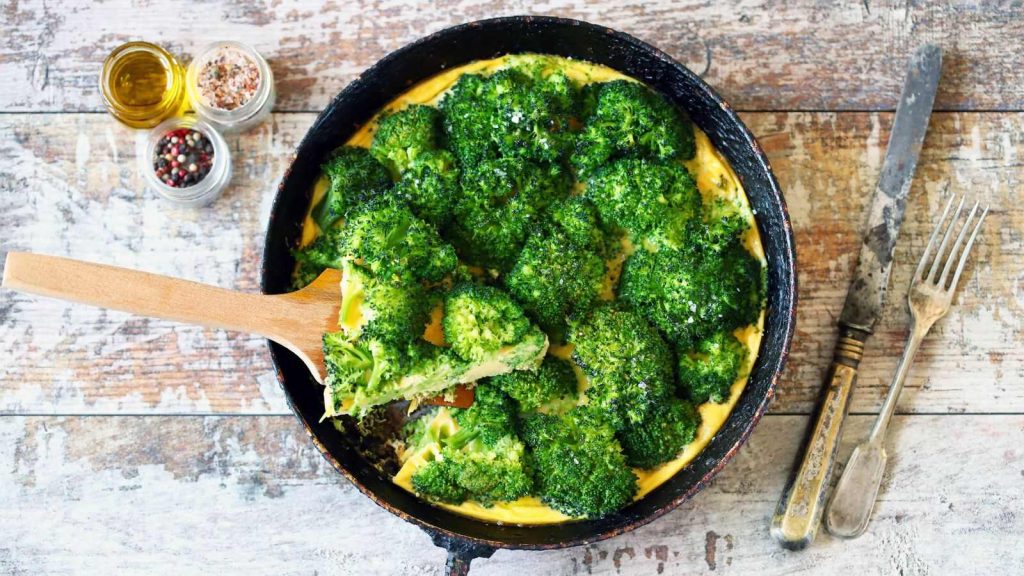
The best way to do this is to steam the broccoli instead of boiling it. Steaming allows the broccoli to retain more of its vitamins and minerals, and it also helps to keep the texture intact. In addition, steaming doesn’t require any added fat or salt, making it a healthier option overall.
Is roasted Broccoli healthier than boiled?
Broccoli is a good source of vitamins, minerals, and antioxidants. Boiling can help to preserve these nutrients. However, boiling can also make broccoli less palatable for some people.
Roasting, on the other hand, may result in the loss of some nutrients. However, it can also give broccoli a crispy texture and nutty flavor that some people find more appealing.
Is Roasted Broccoli hard to digest?
The high-heat cooking process breaks down the plant’s cell walls, making it easier for your body to break down and absorb the nutrients. However, this also makes broccoli more difficult for some people to digest.
If you have trouble digesting roasted broccoli, you may want to try steaming or blanching it instead. Both of these methods preserve more of the plant’s cell walls, making it easier for your digestive system to handle.
Does Burnt Food Have Fewer Calories?
Some of the calories in the food will be lost due to the burning process, but not all of them will be. In fact, a study done by the University of North Carolina found that only about 15-20% of the calories in burnt food are actually lost.
What are the risks of eating Burnt Broccoli?
It’s no secret that broccoli is a healthy vegetable. But what happens when you overcook it? Let’s explore the risks of eating burnt broccoli and provide some tips for avoiding overcooked veggies. Stay healthy!
Carcinogenic Compounds
When broccoli is burned, it creates compounds that have been shown to be carcinogenic. These compounds can increase your risk of developing cancer.
Acrylamide
Burning broccoli also creates acrylamide, a compound that has been linked to an increased risk of cancer. Acrylamide is found in a variety of foods that have been cooked at high temperatures, such as French fries and potato chips.
Polycyclic Aromatic Hydrocarbons
Burning broccoli also creates polycyclic aromatic hydrocarbons (PAHs), which are known to be carcinogenic. PAHs are created when organic matter is burned, and they can be found in a variety of burned foods, such as grilled meats.
Nitrosamines
Burning broccoli can also create nitrosamines, which are known to be carcinogenic. Nitrosamines are created when amino acids react with nitrites, and they can be found in a variety of processed meats, such as bacon and hot dogs.
Free Radicals
Burning broccoli also creates free radicals, which are unstable molecules that can damage cells and lead to a variety of health problems. Free radicals have been linked to an increased risk of cancer, heart disease, and stroke.
Inflammation
Burning broccoli can also cause inflammation, which is a natural response by the body to protect itself from harm. However, chronic inflammation has been linked to a number of health problems, including heart disease, arthritis, and diabetes.
Ways To Cook Broccoli With a Low Chance Of Burning
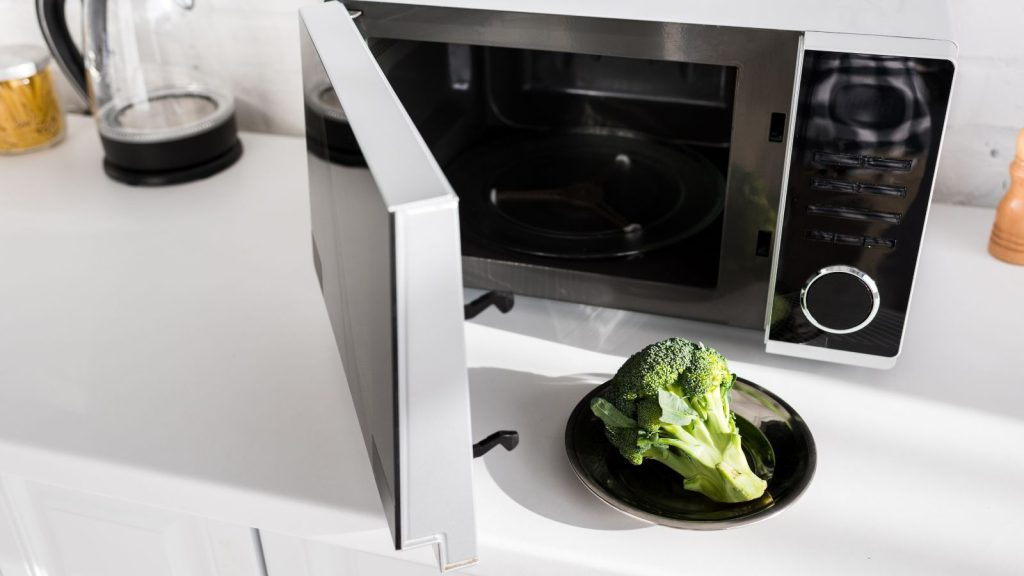
Roasting
Roasting is a great way to cook broccoli with a low chance of burning. The key to successful roasting is to make sure the broccoli is evenly coated with oil and that the oven is preheated to the proper temperature.
Roasting broccoli at too high of a temperature can cause it to burn, so be sure to keep an eye on it while it’s in the oven.
Sautéing
Sautéing is another great way to cook broccoli without burning it. The key to successful sautéing is to use a small amount of oil and cook the broccoli over medium-low heat. Be sure to stir frequently so that the broccoli doesn’t stick to the pan and burn.
Steaming
Steaming is a great way to cook broccoli without using any oil, which means there’s no risk of burning it. The key to successful steaming is to make sure the broccoli is evenly cooked and not overcooked.
Be sure to check on the broccoli regularly while it’s steaming so that you can remove it from the heat as soon as it’s done.
Blanching
Blanching is a quick cooking method that involves boiling water and then plunging the food into ice water. This method can be used for broccoli, but it’s important not to overcook the broccoli or else it will become mushy.
To avoid this, be sure to cook the broccoli for just a few minutes before plunging it into ice water.
Microwaving
Microwaving is a quick and easy way to cook broccoli without any risk of burning it. The key to successful microwaving is to make sure the broccoli is evenly cooked and not overcooked.
Be sure to check on the broccoli regularly while it’s microwaving so that you can remove it from the microwave as soon as it’s done.
FAQs
Q1. Is burnt Broccoli bad for you?
Broccoli is a member of the cruciferous family of vegetables, which also includes kale, Brussels sprouts, and cabbage. These veggies are known for their high levels of vitamins, minerals, and antioxidants.
In addition, cruciferous vegetables have been shown to have numerous health benefits, including reducing the risk of cancer and heart disease. So the next time you’re at the grocery store, don’t be afraid to pick up a bunch of broccoli. Your body will thank you for it.
Q2. Does roasting Broccoli destroy nutrients?
Research has shown that roasting actually helps to preserve some of the key nutrients in this cruciferous vegetable. While boiling can cause nutrient loss, roasting helps to maintain the levels of vitamins A and C, as well as carotenoids and phenolic compounds.
These nutrients are important for maintaining good health, and they may even help to protect against certain chronic diseases.
Q3. Does boiling Broccoli lose nutrients?
It is true that some nutrients are lost when broccoli is boiled. But boiling can make other nutrients more easily absorbed by the body. For example, boiling broccoli helps to break down the cell walls, making it easier for the body to access the nutrients inside.
Similarly, boiling can also help to release nutrients that are bound to fiber. As a result, while boiling does cause some nutrient loss, it can also make other nutrients more bioavailable.
Q4. Is baked Broccoli good for you?
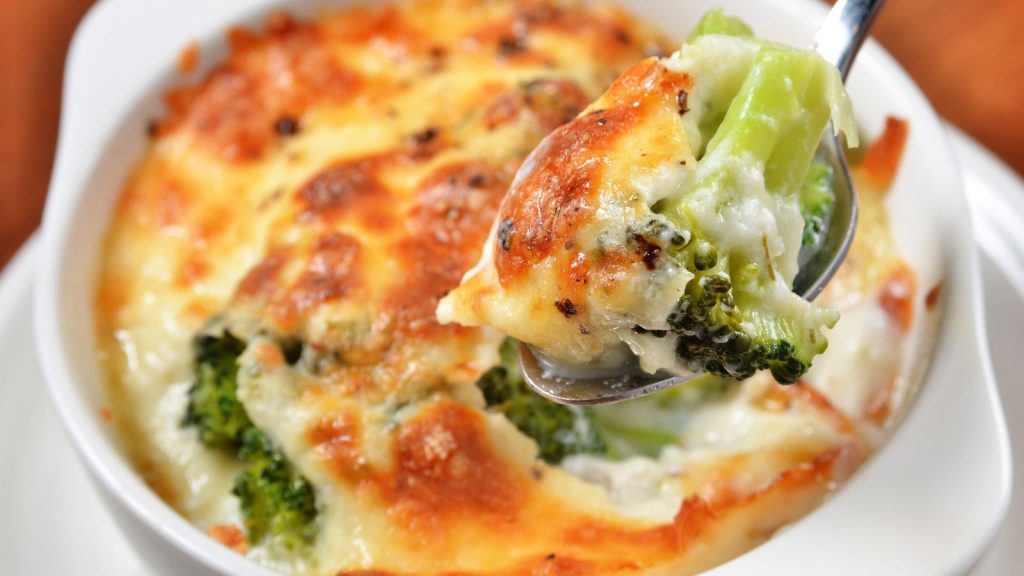
Yes, baked broccoli is good for you. Broccoli is a nutrient-rich vegetable that provides several health benefits. When baked, broccoli retains many of its nutrients, including vitamins A, C, and K.
Additionally, baking broccoli helps to enhance its flavor and make it more palatable for some people. Broccoli can be enjoyed in a variety of ways, but baking is a simple and healthy way to prepare this delicious vegetable.
Final Suggestion
While broccoli that has been overcooked may not be as healthy as raw or lightly cooked broccoli, it is still a nutritious vegetable. If you’re looking to get the most out of your broccoli, pair it with other nutrient-dense foods and cook it until it reaches your desired level of doneness.

